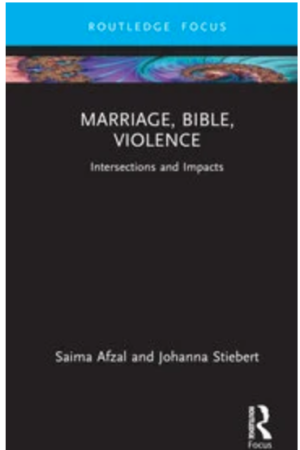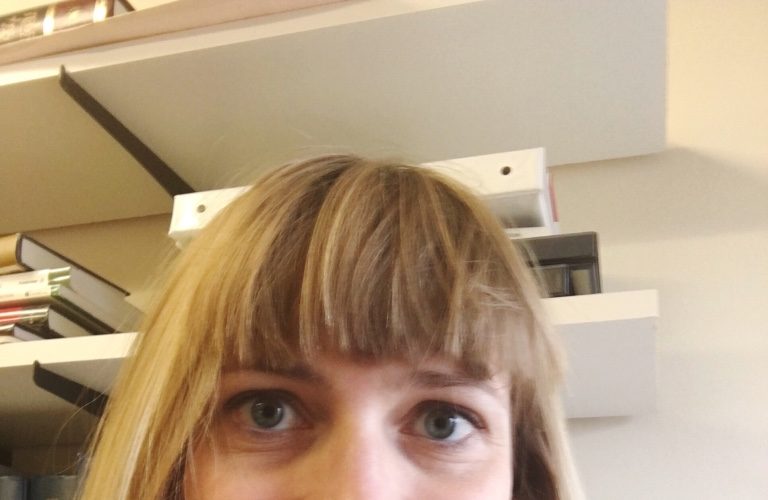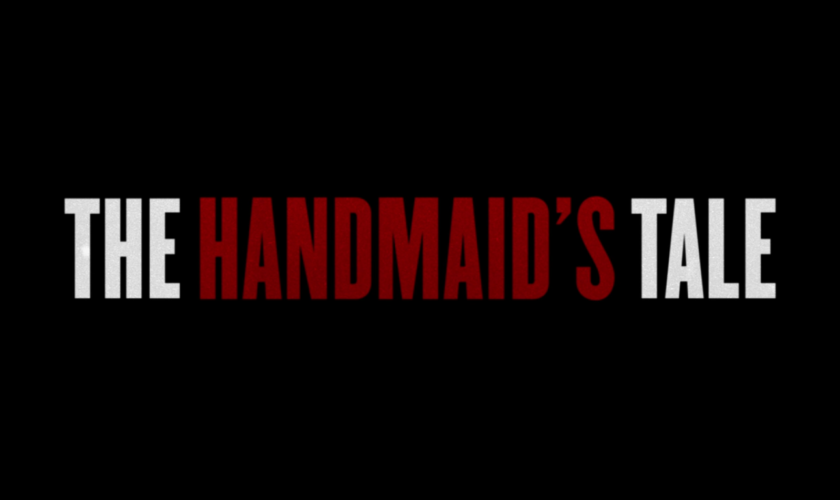Booking is now open for our Religion and Rape Culture Conference. Places are limited so book your ticket fast!
Please note that we have small travel bursaries to contribute to travel costs for UK students who wish to attend the conference. These bursaries will be awarded on a needs basis, and speakers/those with poster submissions will also be prioritised.
The deadline for submission of proposals for our Religion and Rape Culture Conference is fast approaching! Get your proposals in by 19th March 2018. See the CFP below for more details.
Email shiloh@sheffield.ac.uk for more information.














